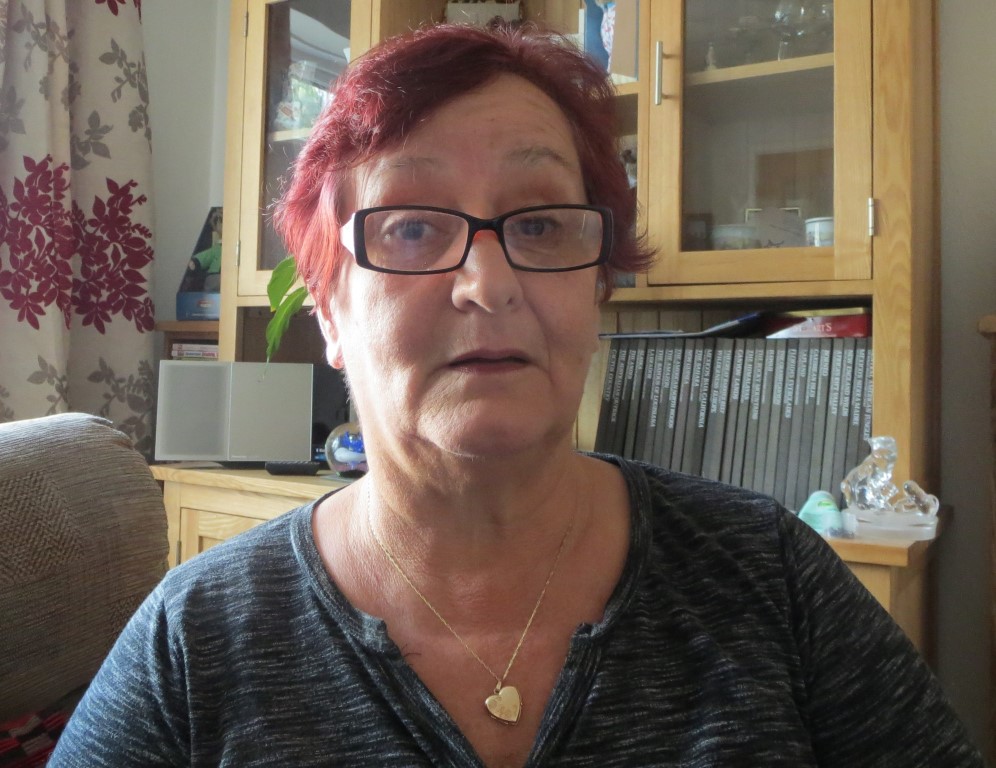More than 350,000 people in the UK are living with aphasia. The language disorder, which is caused by an injury to the brain, can make it difficult for people to talk, understand, read and write.
One-in-three people are affected by aphasia after a stroke.
Researchers from the University of Sheffield have found there are a number of significant benefits to using computer therapy at home for people affected by aphasia, in comparison to usual speech and language therapy alone. Participants using the self-managed computer therapy, whether 4 months or 36 years post-stroke, significantly improved their ability to say words they practiced. This approach was shown to be most clinically and cost effective for those with mild and moderate
word-finding difficulties and showed that people with aphasia can learn new words even a long time after their stroke.
Currently there is limited speech and language therapy available for patients in the long term after a stroke and a lot of people with aphasia want more therapy than they receive.
Livewell Southwest were one of 21 Speech and Language departments across the UK who took part in a trial named Big CACTUS; Clinical and cost effectiveness of Aphasia Computer Therapy compared to Usual Speech and language therapy alone.
Amanda Harris, Adult Speech & Language Therapy Team Leader at Livewell Southwest, and her team based at Mount Gould Hospital ran this study, recruited and delivered this novel intervention to local service users.
Amanda said “I have really appreciated the opportunity to take part in this excellent research project and to lead the project here in Plymouth. This study will mean that our patients with aphasia are able to access the best evidence-based treatment programmes which will help them to maximise their recovery.”
Sue Hutchings, Stroke survivor with aphasia from Plymouth, who took part in the local study said “This treatment has made a difference to me. Communicating is easier and my voice is now definitely louder and clearer. It has given me the confidence to help my daughter work in the pub and to be with people, something I couldn’t do after my stroke.”
Rena Truscott, Senior Research Practitioner at Livewell Southwest said “I would like to thank our service users for taking part and Louise Higgins and the Management Team here at Livewell Southwest for their support of this study which enabled this to go ahead. Speech and Language Therapists will now be able to offer hope and potential benefits for many patients with aphasia. “
For a summary of the research and to view a short film including Sue Hutchings, click here.


